Streamer dreams are more than mere memes, as DRILLAS’ Cinderella run through the RMR qualifiers showed. You can still take notable pros and form a mixed team to make a run towards the biggest event in Counter-Strike esports—but only in a solitary region for now.
Just a glance at the numbers and the interest generated by DRILLAS’ run through the Middle Eastern qualifiers to the Shanghai CS2 Major’s APAC RMR makes it clear there’s still hunger for stories like this one. Professional casters and an observer joining the fun as ohnePixel’s stream skyrocketed to over 75,000 concurrent viewers for the decisive game? You won’t get this anywhere else. Literally, as it turns out.
This is because the latest regulations by Valve axed open qualifiers for the Major with the exception of this single, tiny event. It’s a notable misstep in a sea of successes for the Counter-Strike devs’ recent moves to rein in excesses in the competitive scene. If there’s ever a place for amateur hour, it’s the pathway to these showpiece events.
I’m old and cynical enough to remember the arguments people used to defend the competitive issues of CS Major formats long gone. Any time you’d complain about the inclusion of teams from weak regions or the massive upsets on account of a lack of seeding, the inevitable response was something along the lines of “Hey, the Majors are a celebration of CS, there’s all those other events if you want those truly super-serious affairs that TYLOO would never have a chance to qualify for!” Nowadays, most of the issues related to the format have been fixed. So, let’s reverse the argument.
Let’s celebrate Counter-Strike at the Majors, then! Maintain a pathway, ever so narrow as it might be, for a band of five players to group up and just play their way to greatness. This is especially egregious, seeing how much of a failure Premier Mode was. Unlike other esports, where topping the in-game charts can be a notable accomplishment and may sometimes even directly lead to invitations to competitive events, CS’ talent funnel has long been ferried over to third-party platforms, with all the big ones now operating through the ESL FACEIT Group conglomerate.
If the in-game matchmaking system offers no pathway to competitive greatness and self-formed amateur sides have no entry point into the solitary Valve-sanctioned, prestigious CS2 competition, what does it tell about the goals and values of the esports scene?
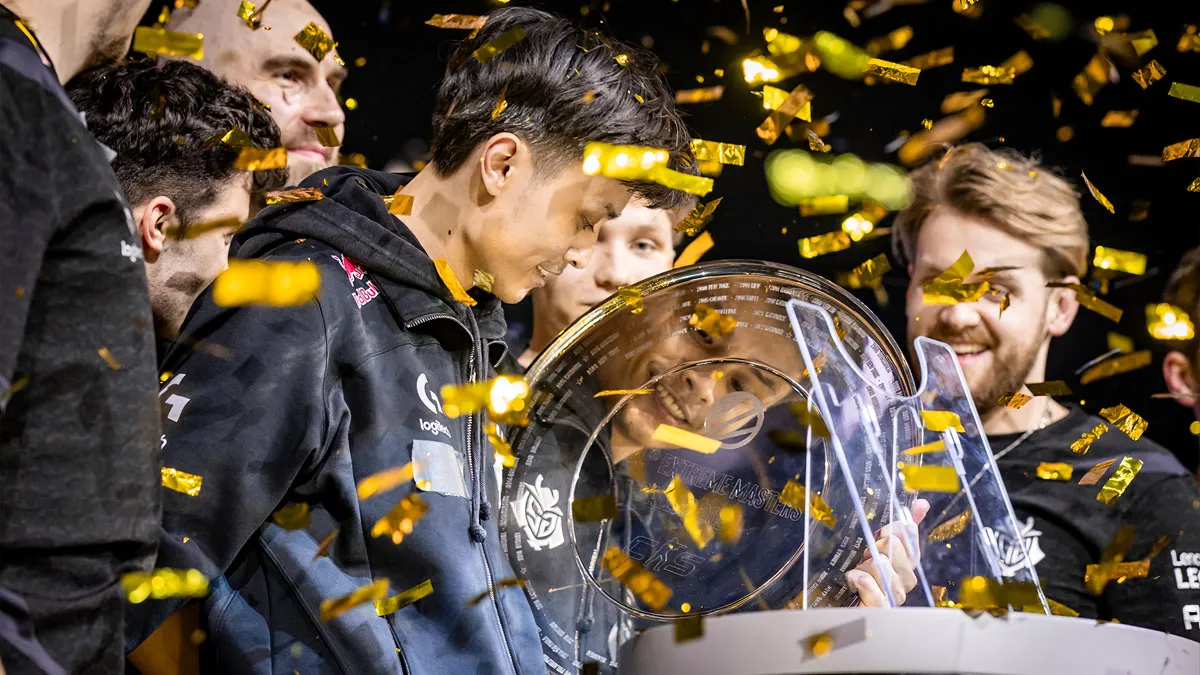
I have no sympathy for the challenges of hosting a massive open qualifier, either. Not only do other esports also find a way, but there’s no reason to make the brackets as huge as they are. Again, if the in-game skill-based matchmaking would be worth a damn, you could set a minimum rank threshold to invite people to the qualifier, greatly easing the pressures on organizers. This shortcoming is entirely on Valve.
Seed elite teams directly into a closed qualifier? Sure. Give a chance to everyone else, from fallen giants to newly built young pro squads and random quintets from all over the world? That should be non-negotiable, and we see there’s still a hunger for narrative like these.
Stories like DRILLAS’ shock run, or the past exploits of Bad News Eagles, are the bread and butter of esports, and they are becoming disappointingly rare in the modern CS landscape. Valve, in its infinite wisdom and bottomless money pits, has avoided many of the past decade’s VC-money-fueled mistakes, keeping a light touch when it comes to esports, still treating it as a marketing arm of a game rather than a standalone entertainment product. And what’s a better story to tell—and to sell—than five plucky players going on the ultimate underdog run?
It would be a shame to let such a great tale go to waste.


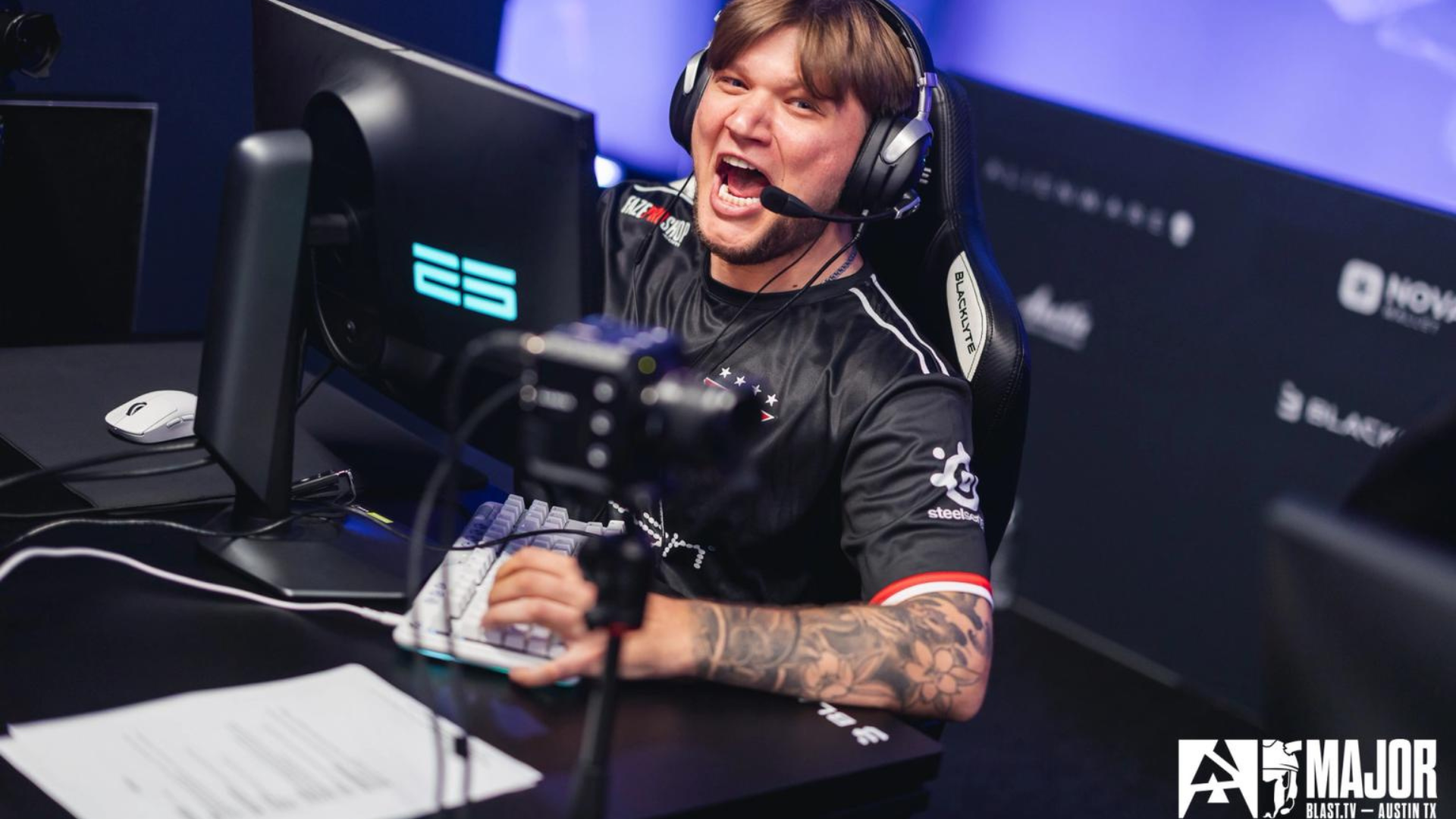
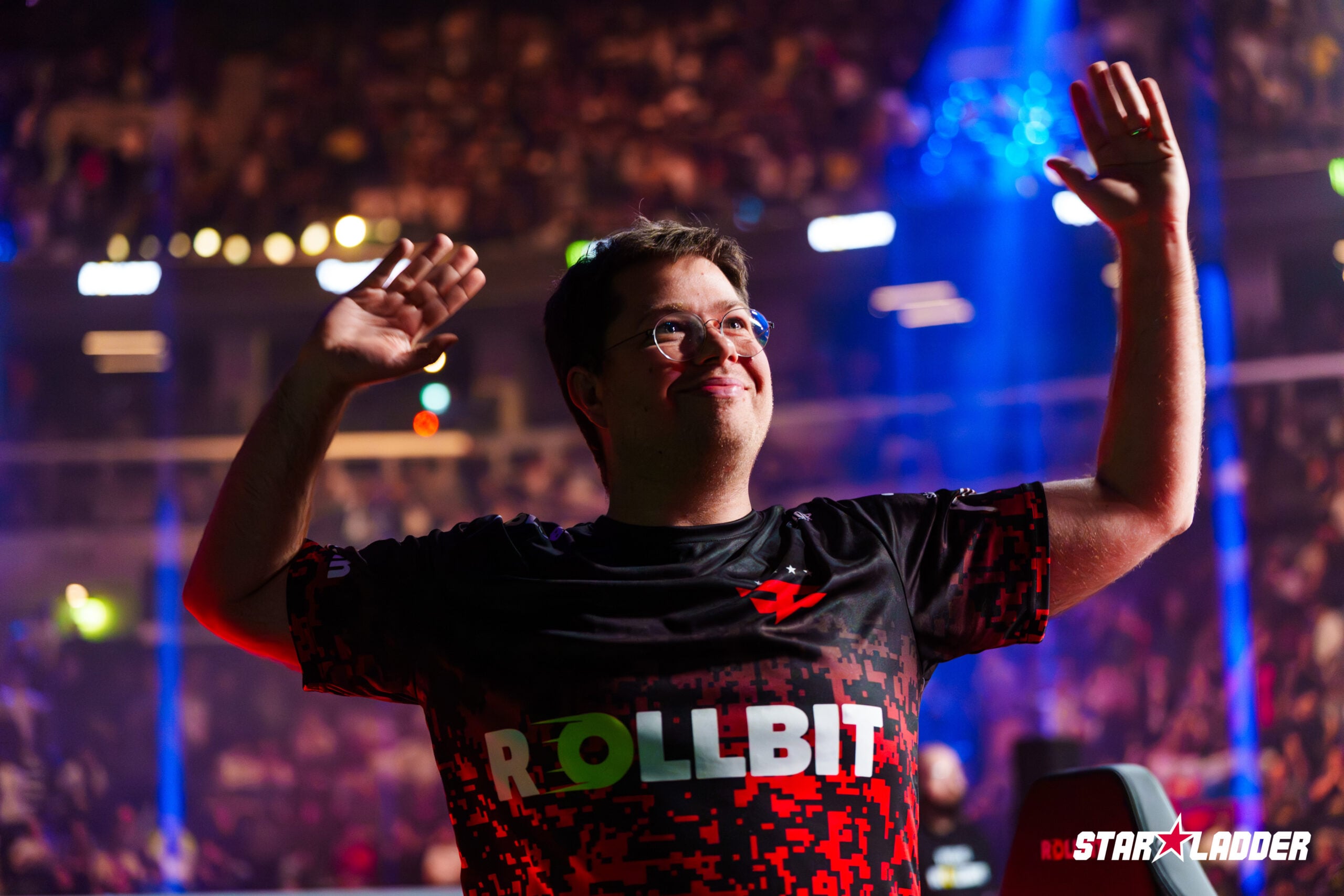


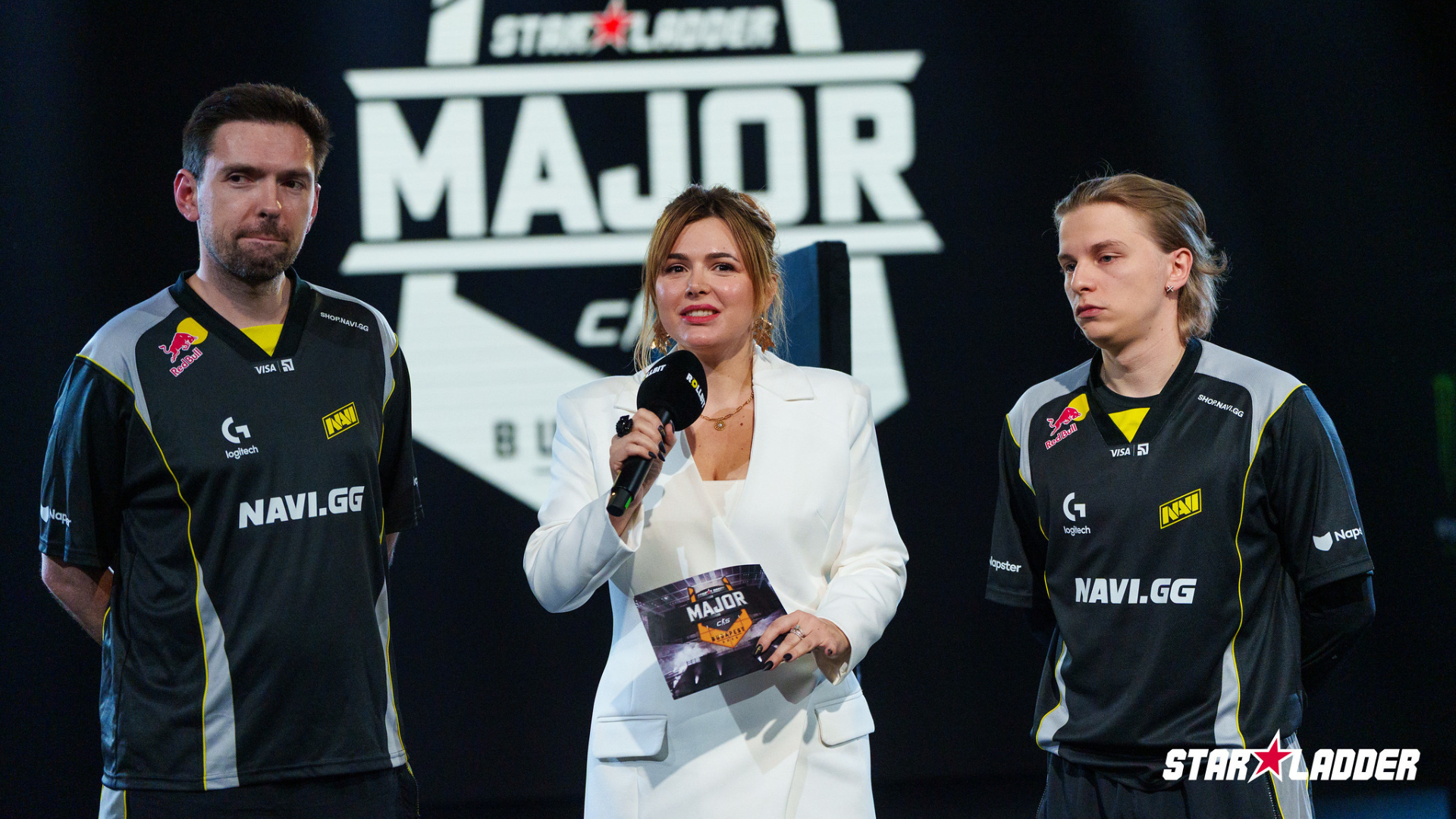
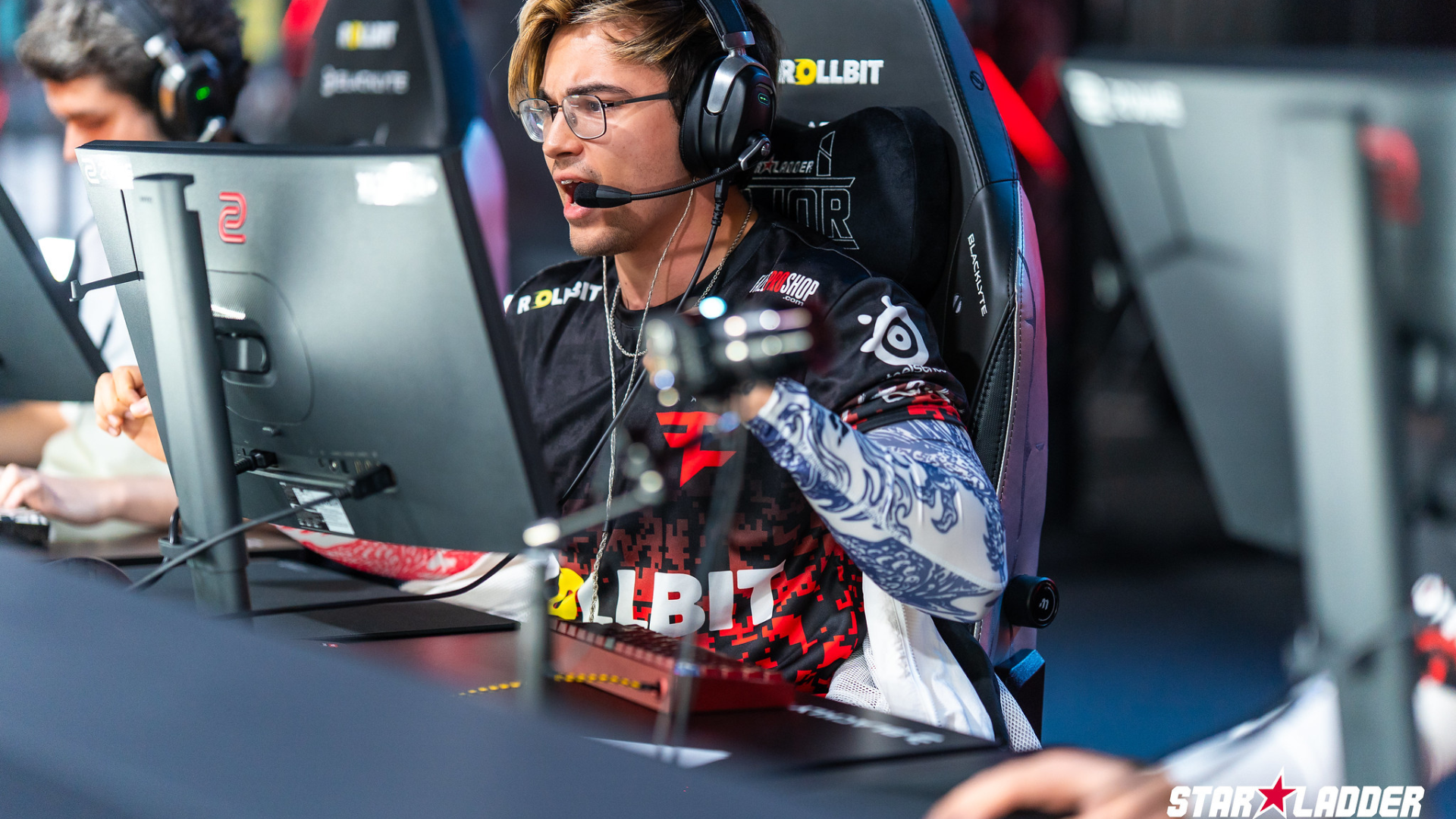
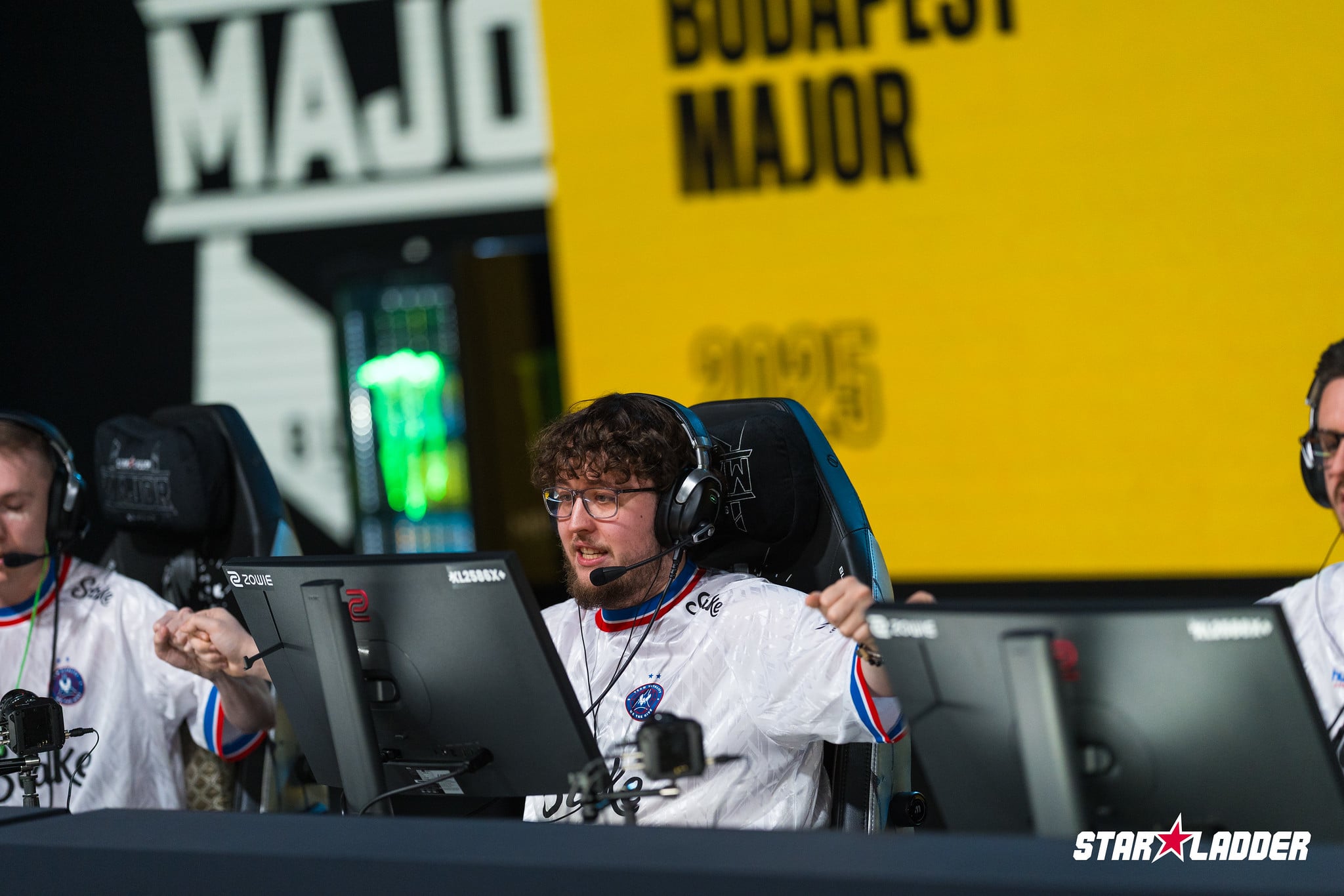
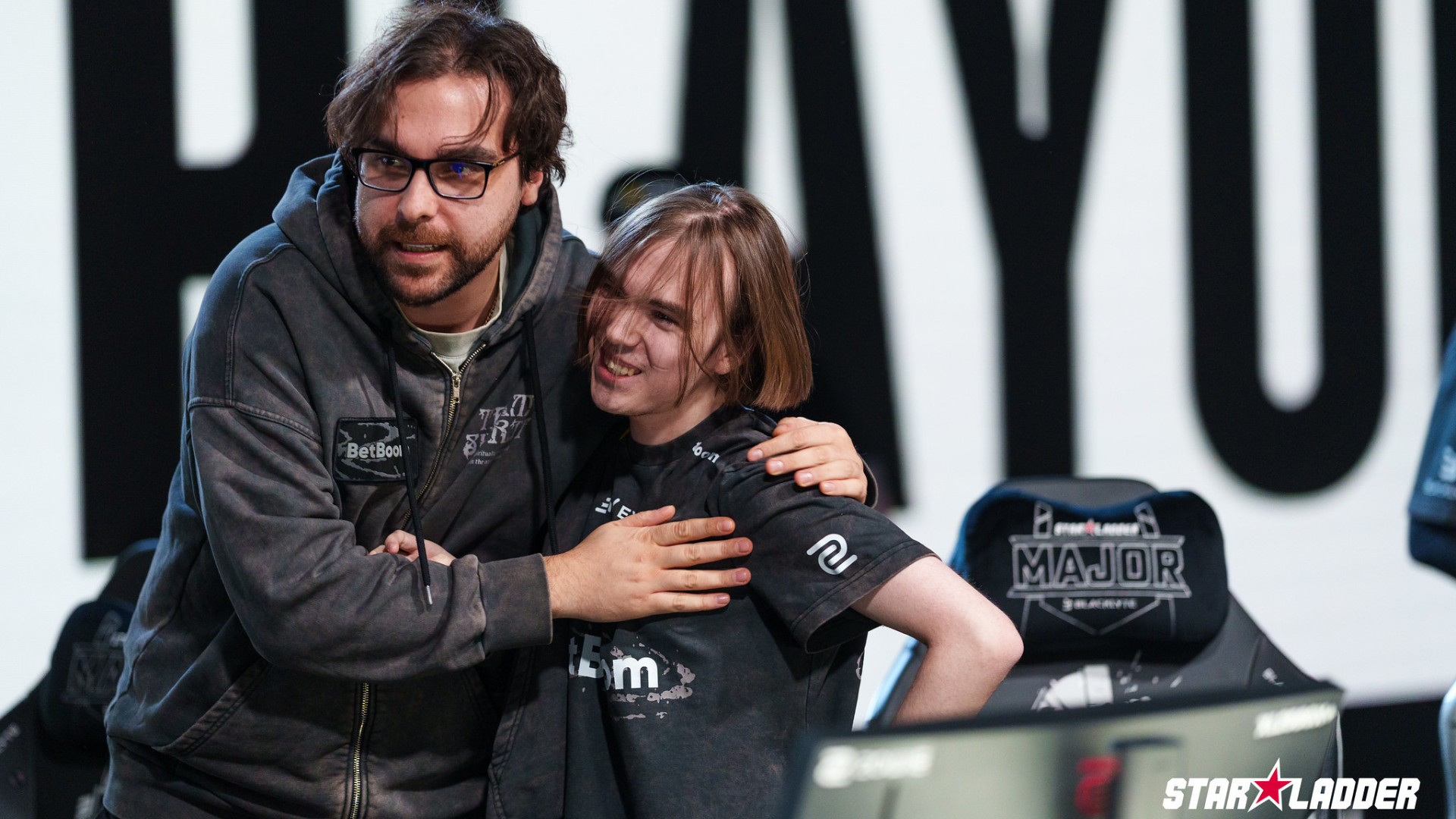
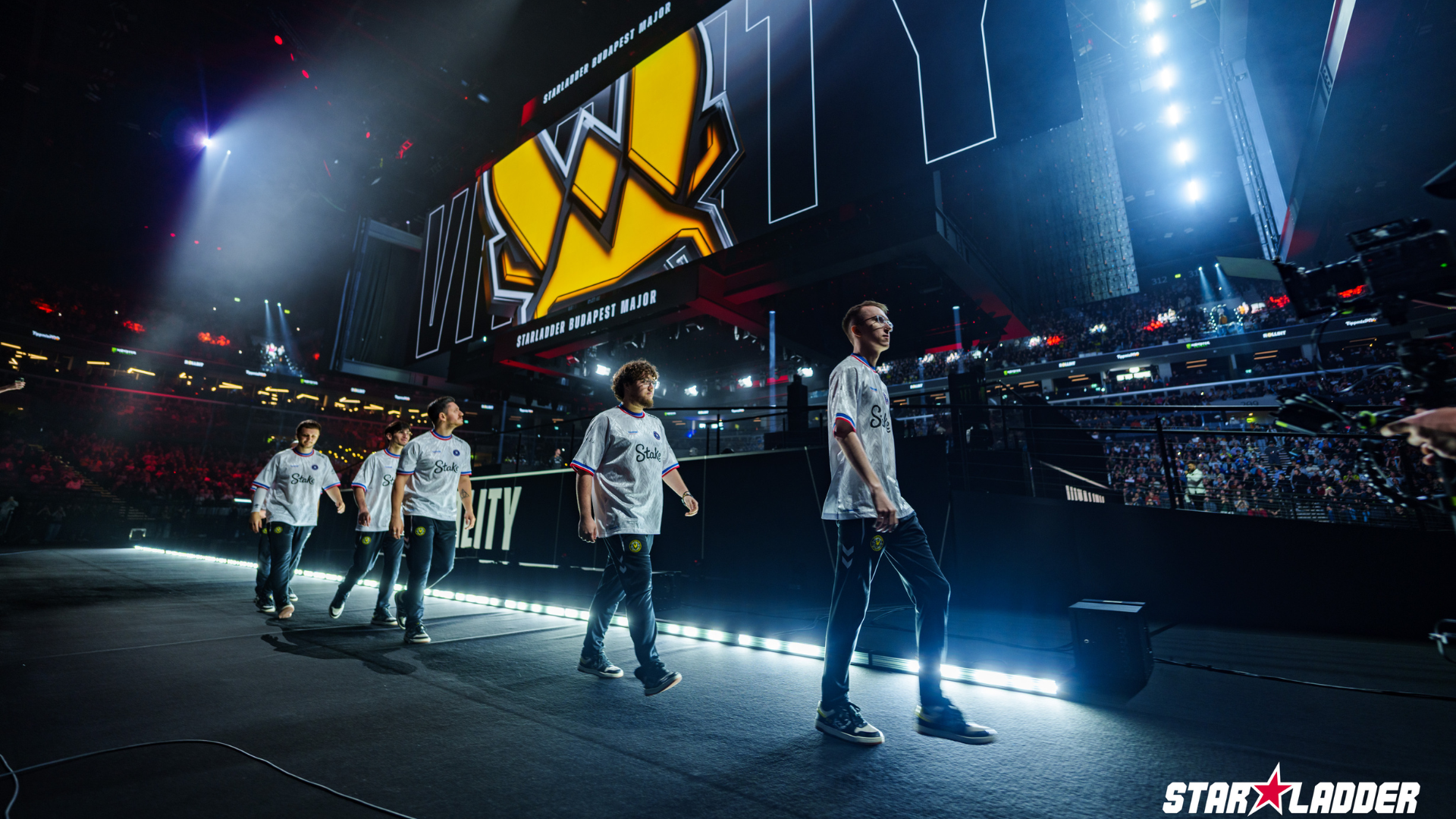

Published: Sep 6, 2024 01:51 pm